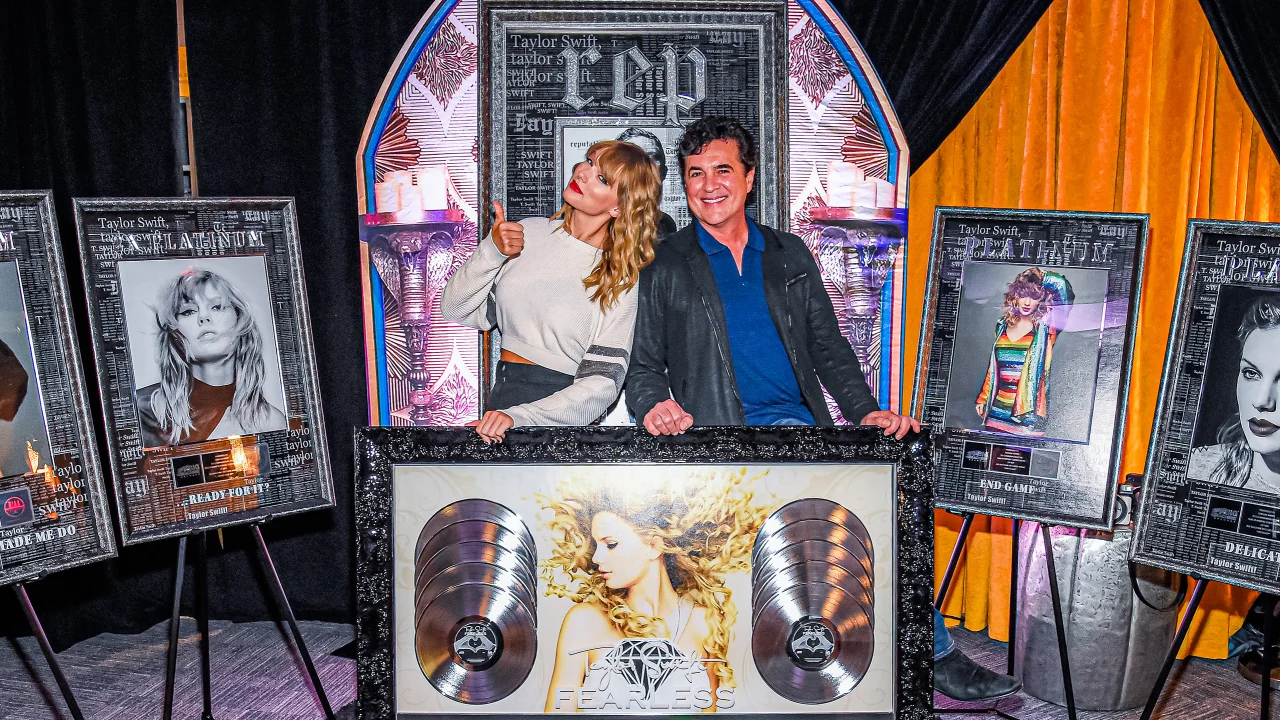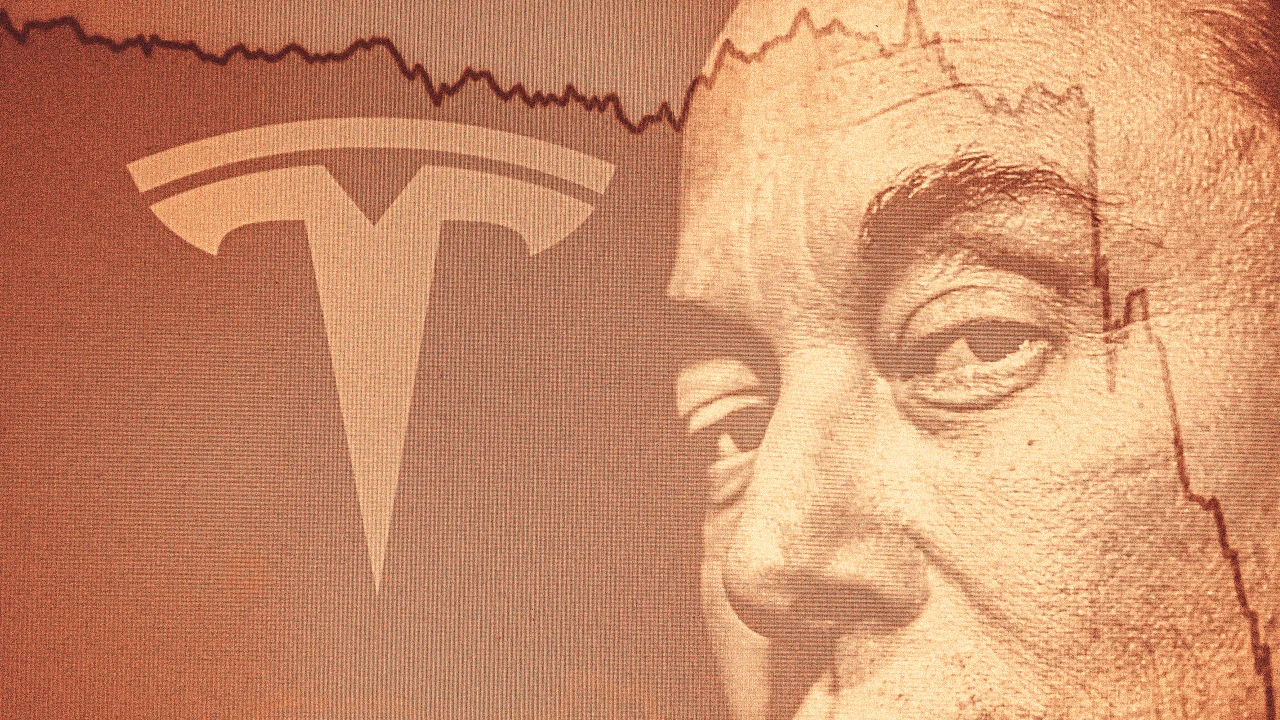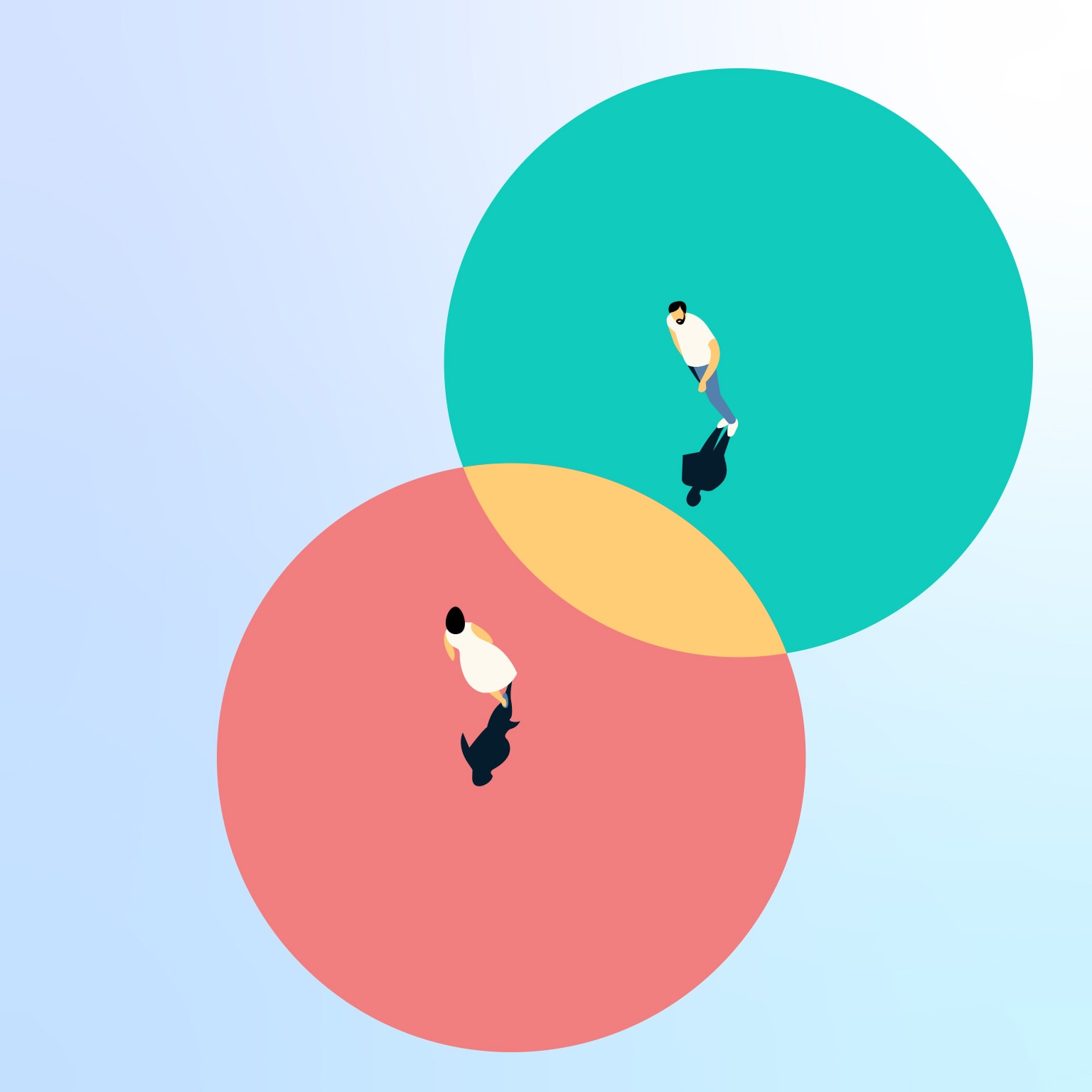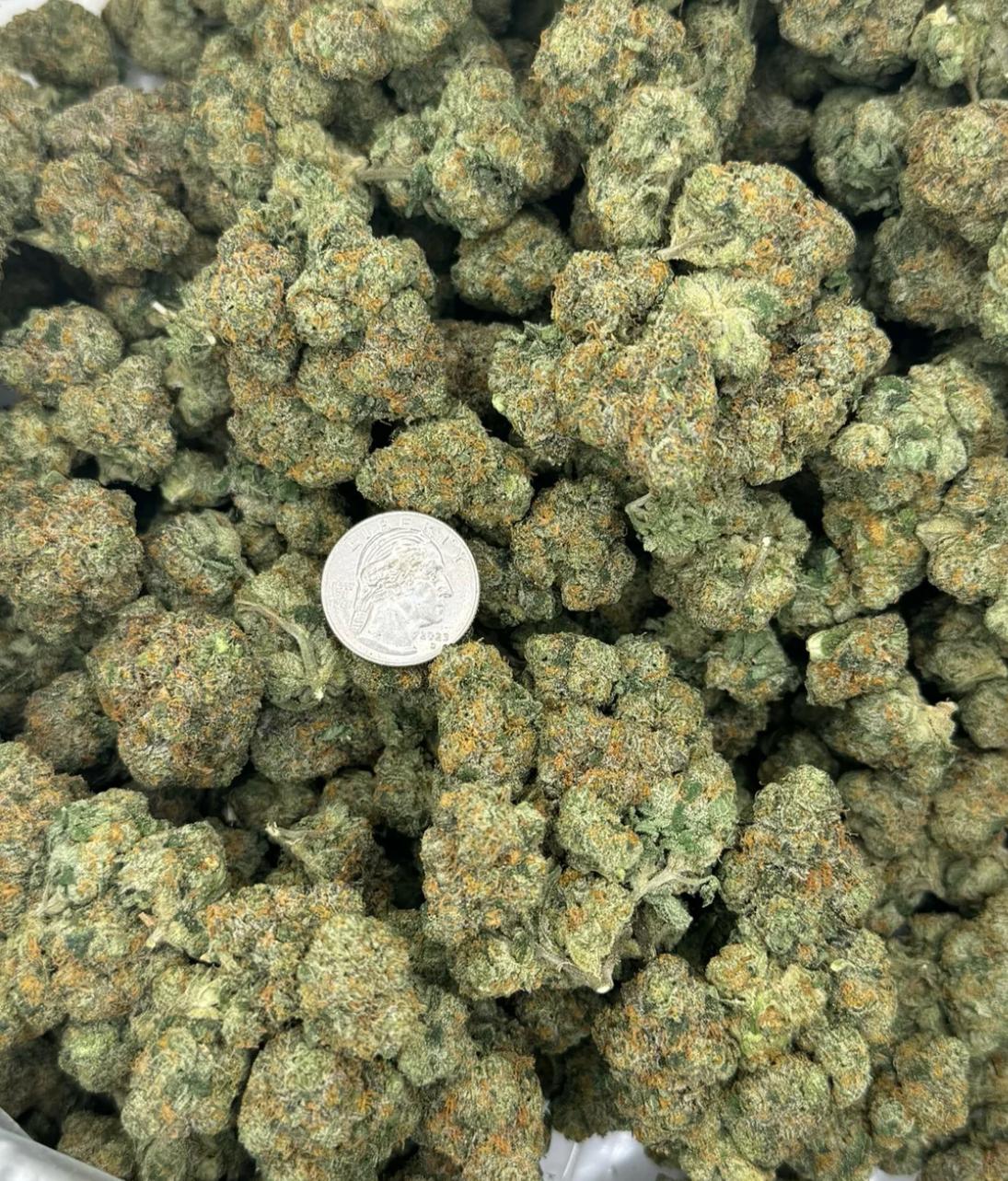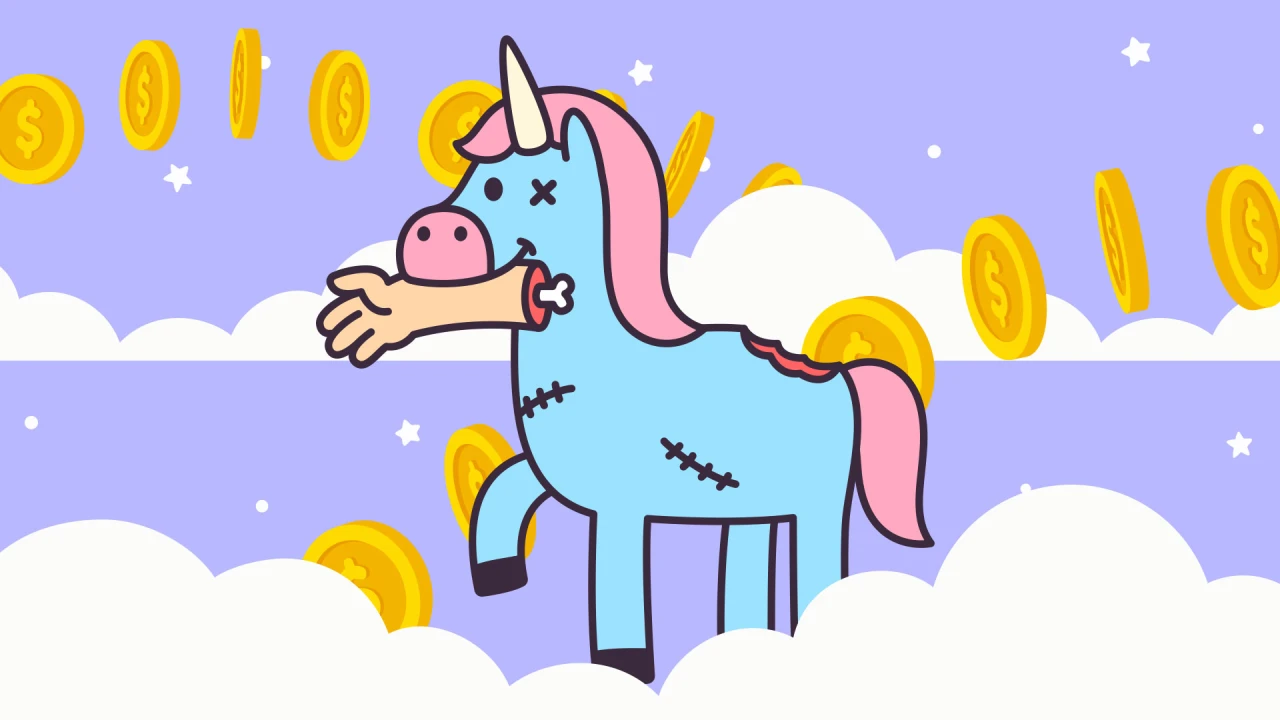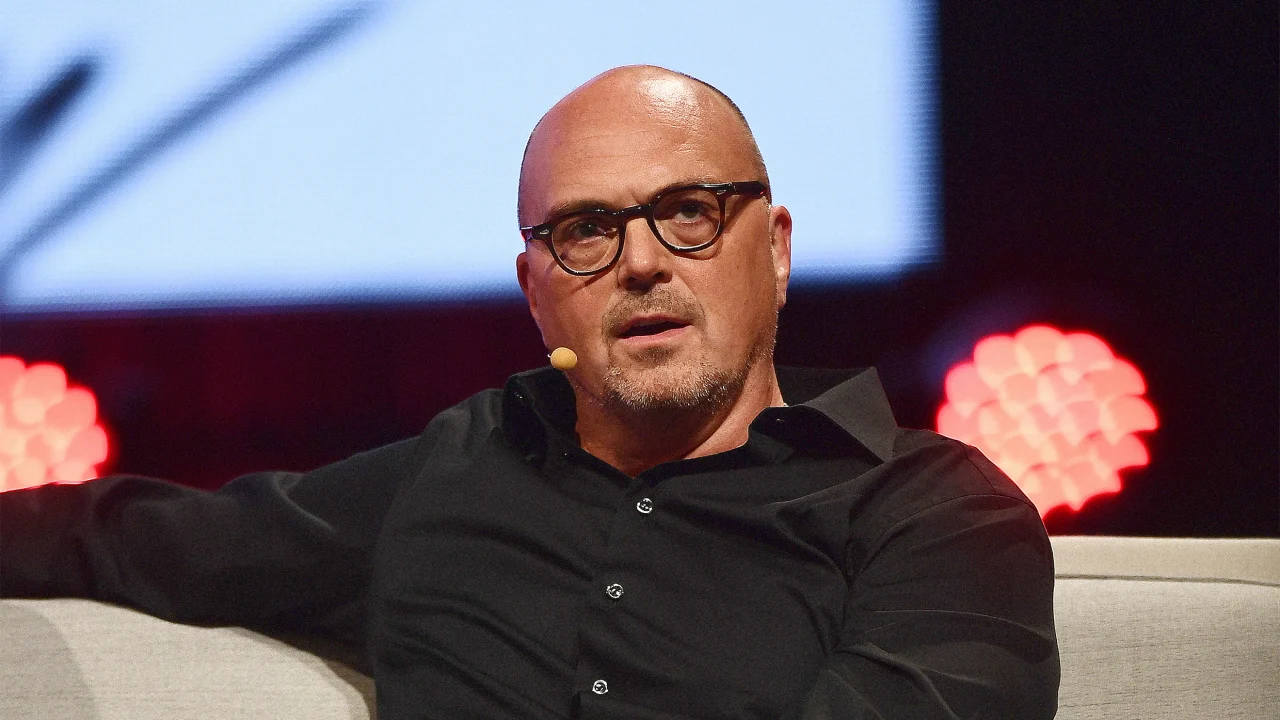‘Hacks’ showrunner Lucia Aniello already knows how it ends
This week, Max’s critically acclaimed comedy Hacks is concluding its fourth season. The show—which follows legendary Vegas comedian Deborah Vance (Jean Smart) and her Gen Z comedy writer Ava Daniels (Hannah Einbinder) as the two work together to turn Vance’s career around and win new audiences—has already been renewed for a fifth season. For showrunner and co-creator Lucia Aniello, that’s all part of the plan. She and co-creators Paul W. Downs and Jen Statsky had a five-year arc planned even when pitching the show. Ahead of the season four finale, showrunner and co-creator Lucia Aniello came on the Most Innovative Companies podcast to talk about how she approaches writing, directing, and producing; how the show helps up-and-coming writers break into the industry; and why she doesn’t mind working with her husband. This interview has been edited and condensed. Hacks season four is ending this week. Do you feel a lot of pressure to stick the landing? For better or worse, I feel the same amount of stress and anxiety making the show now as I did season one. At that point, there was a different stress and anxiety [because we were thinking] can we even make this show? Will anybody ever watch it? Will people like it? Then the next stress of season two was sophomore album vibes, and then season three was… will people continue to watch the show? It continues. It never feels less stressful to me. It morphs into a new different anxiety that’s the exact same amount This show has changed every season. Season one, we’re in Vegas, here’s what the show is. Season two is on the road. Season three is this quest for late night. And now we are in season four actually making late-night TV. So it always has to evolve, but the question of how much does it evolve versus how much you just stick with what people love is a constant delicate balance and battle. Hacks was also renewed for season five this week. You and your co-creators have said you’ll end the show after five seasons. When did you realize that was going to be the case? We pitched five seasons. Even in the pitch of the whole series, we pitched the very last scene, the finale. [WarnerMedia vice president of original comedy and animation] Suzanna Makkos, who bought the show, stopped us before we got there. She was like, you don’t have to pitch anymore. I’m going to buy the show. You’re a director, a writer, and a producer on this show. How do you balance those three roles? In a weird way, it’s all one role. It’s really about the story. You are figuring it out with your brilliant staff together. You’re using the best ideas that everyone’s contributing. Producing the idea is figuring out we want to spend the budget. As a director, you’re basically taking the story that you want to tell and you’re [dividing] it up into a million pieces—every take, every side that you’re shooting, all of that stuff, and you’re parsing it out, whether it’s everything from wall color to costumes to the casting, to all of those things. Then when you get into post, you sew it all back up and you try to make it the best version of that original idea. I haven’t in my career directed a lot of things where I wasn’t at least part of the writer’s room for. That’s not to say that I don’t think that a lot of people can take those things and elevate it, but for me, it’s really a cohesive story. There’s a billion calculations constantly, but if I didn’t have the writing, producing, directing hats on all at once, I wouldn’t be able to assess it as well as I do. Your husband, Paul W. Downs, is a cocreator of the show. He also acts in it and you’re in the writer’s room together. What’s that been like? Paul and I met doing improv comedy at UCB. We didn’t start dating immediately. We were just friends. We did a lot of improv together over the years in New York. That’s how we got to know each other, Improv is a very supportive community. Literally, it’s “yes, and” and trying to make the other person better by agreeing and getting on board and trying to make them look as good as possible. So in a weird way, all relationships should start doing improv together because you learn to be a team. I am his number one fan, and I have been since the first day I saw him perform. I love writing for him. He directed three episodes of this season. I did five or six. We’re together so much. We work so much. If we weren’t also married, I would never see him because we were working so much at the time. So it’s actually a marriage saver in a lot of ways. How do you create an inclusive culture in your writers room? I haven’t really come up in traditional writers’ rooms. Jen Statsky, one of the show’s co-creators and showrunners, worked in late-night, then The Good Place, and came up through the writer’s ladder. But Paul and I came from a DIY background. We made a lot of videos, we made web series, then we worked on Broad City where we wrote and directed on all five seasons.
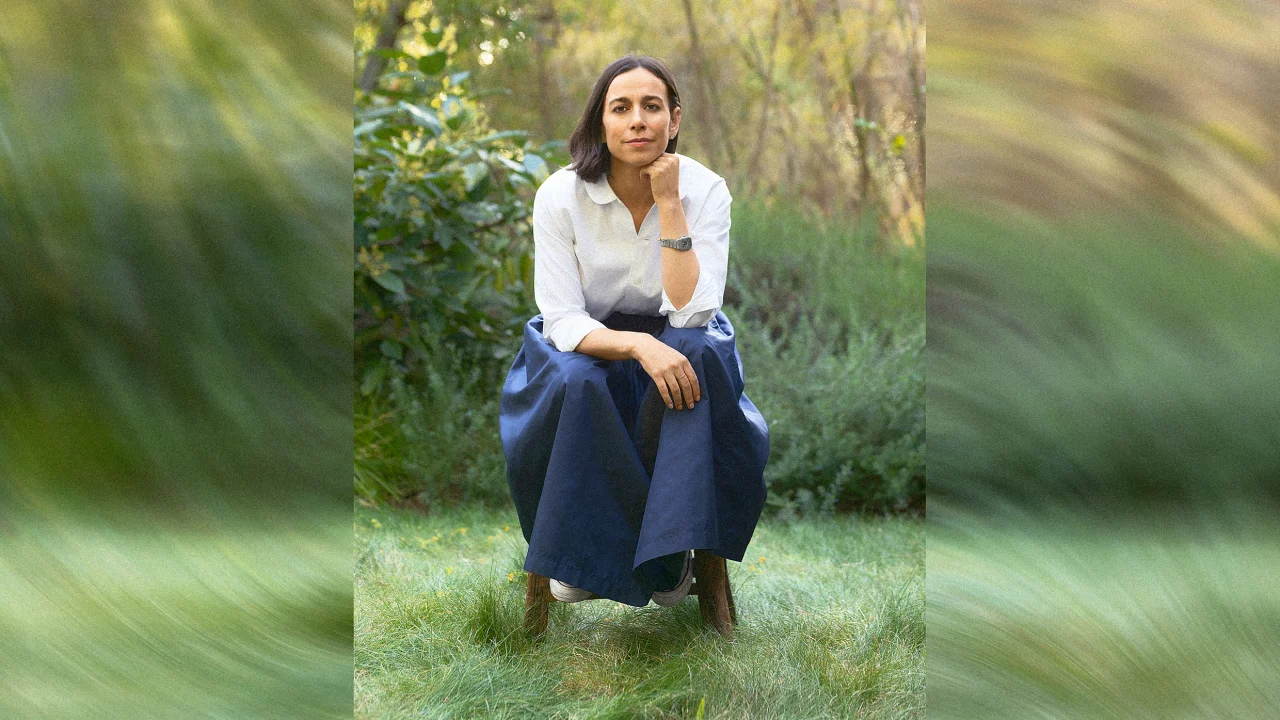
This week, Max’s critically acclaimed comedy Hacks is concluding its fourth season. The show—which follows legendary Vegas comedian Deborah Vance (Jean Smart) and her Gen Z comedy writer Ava Daniels (Hannah Einbinder) as the two work together to turn Vance’s career around and win new audiences—has already been renewed for a fifth season.
For showrunner and co-creator Lucia Aniello, that’s all part of the plan. She and co-creators Paul W. Downs and Jen Statsky had a five-year arc planned even when pitching the show.
Ahead of the season four finale, showrunner and co-creator Lucia Aniello came on the Most Innovative Companies podcast to talk about how she approaches writing, directing, and producing; how the show helps up-and-coming writers break into the industry; and why she doesn’t mind working with her husband.
This interview has been edited and condensed.
Hacks season four is ending this week. Do you feel a lot of pressure to stick the landing?
For better or worse, I feel the same amount of stress and anxiety making the show now as I did season one. At that point, there was a different stress and anxiety [because we were thinking] can we even make this show? Will anybody ever watch it? Will people like it? Then the next stress of season two was sophomore album vibes, and then season three was… will people continue to watch the show? It continues. It never feels less stressful to me. It morphs into a new different anxiety that’s the exact same amount
This show has changed every season. Season one, we’re in Vegas, here’s what the show is. Season two is on the road. Season three is this quest for late night. And now we are in season four actually making late-night TV. So it always has to evolve, but the question of how much does it evolve versus how much you just stick with what people love is a constant delicate balance and battle.
Hacks was also renewed for season five this week. You and your co-creators have said you’ll end the show after five seasons. When did you realize that was going to be the case?
We pitched five seasons. Even in the pitch of the whole series, we pitched the very last scene, the finale. [WarnerMedia vice president of original comedy and animation] Suzanna Makkos, who bought the show, stopped us before we got there. She was like, you don’t have to pitch anymore. I’m going to buy the show.
You’re a director, a writer, and a producer on this show. How do you balance those three roles?
In a weird way, it’s all one role. It’s really about the story. You are figuring it out with your brilliant staff together. You’re using the best ideas that everyone’s contributing. Producing the idea is figuring out we want to spend the budget. As a director, you’re basically taking the story that you want to tell and you’re [dividing] it up into a million pieces—every take, every side that you’re shooting, all of that stuff, and you’re parsing it out, whether it’s everything from wall color to costumes to the casting, to all of those things.
Then when you get into post, you sew it all back up and you try to make it the best version of that original idea. I haven’t in my career directed a lot of things where I wasn’t at least part of the writer’s room for. That’s not to say that I don’t think that a lot of people can take those things and elevate it, but for me, it’s really a cohesive story. There’s a billion calculations constantly, but if I didn’t have the writing, producing, directing hats on all at once, I wouldn’t be able to assess it as well as I do.
Your husband, Paul W. Downs, is a cocreator of the show. He also acts in it and you’re in the writer’s room together. What’s that been like?
Paul and I met doing improv comedy at UCB. We didn’t start dating immediately. We were just friends. We did a lot of improv together over the years in New York. That’s how we got to know each other, Improv is a very supportive community. Literally, it’s “yes, and” and trying to make the other person better by agreeing and getting on board and trying to make them look as good as possible. So in a weird way, all relationships should start doing improv together because you learn to be a team.
I am his number one fan, and I have been since the first day I saw him perform. I love writing for him. He directed three episodes of this season. I did five or six. We’re together so much. We work so much. If we weren’t also married, I would never see him because we were working so much at the time. So it’s actually a marriage saver in a lot of ways.
How do you create an inclusive culture in your writers room?
I haven’t really come up in traditional writers’ rooms. Jen Statsky, one of the show’s co-creators and showrunners, worked in late-night, then The Good Place, and came up through the writer’s ladder. But Paul and I came from a DIY background. We made a lot of videos, we made web series, then we worked on Broad City where we wrote and directed on all five seasons. What made Broad City a unique thing was it didn’t feel like people who necessarily made a lot of TV made that show, but in a way that made it feel fresh.
Between our untraditional background and her more traditional background, I like to think we have a pretty good respectful room. More than one of our writer’s assistants have been hired into our writer’s room. We’ve had editors direct. We really try to promote from within. That’s not to say that we’re perfect by any means, but we are conscious of trying to foster a healthy environment and pipeline for people. There is inherently a power dynamic when you are the boss. I was friends with a lot of people before hiring them. It puts a weird power imbalance in those relationships, which I don’t love. But on the other hand, I love hiring people I’m friends with and I think are so great.
I think I’ve come to terms with the fact that there is a text thread that I’m not on, and they might talk about going to see a movie together. And they did go to a Sound bath last week and they didn’t let me know, and that’s fine.
The WGA released a stat that TV writing jobs declined by 42% in recent years. Every day I read about how writers are not able to get jobs in writers’ rooms or don’t have access to residuals anymore. What advice do you give aspiring writers or people who want to break into the industry?
It’s a brutal time, especially in comedy. Personally, I started on Broad City, which is a Comedy Central show. I made a mini series at Comedy Central called Time Traveling Bong. I worked on another Comedy Central show, Nora from Queens. Those not only paid me but they helped me get better at my job. That network doesn’t exist anymore. That was almost like eight years of my life and other people behind me don’t get to have that. When I look at who’s just churning out comedies, there isn’t really a place to do it. I am concerned for the comedy pipeline in terms of people getting experience and breaking out. I am lucky enough that I do hire writers.
Some people we hire because they make really funny videos, and sometimes we might read a spec that is really good, or sometimes it’s just a standup who we think is really funny. Recently there’s somebody who just runs a very funny Instagram and Twitter– I asked her if she had a spec and I read it. It can come from anywhere. Somebody can make a short film that is really good.
Doron Max Hagay did an incredibly funny short film called Marina Tire. I didn’t know him but I saw the short and we loved it. He was the only guest director that we had this season on Hacks. That was literally just from seeing his short film on Vimeo or whatever because a friend of mine had posted it. It’s so random how you can get that break. I would say whatever format seems most natural for your voice, do that. If that can get in front of people, that’s all that matters.









